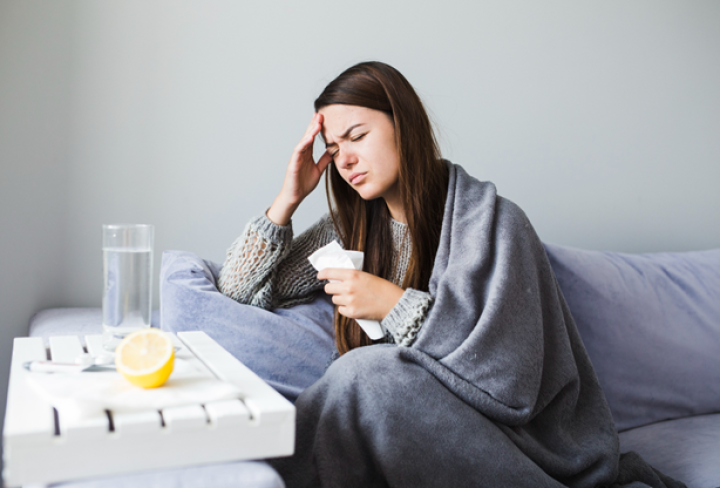Fever is a common symptom of many illnesses and infections, and it can cause dehydration if not properly managed. When the body temperature rises, it can cause the body to lose more fluids and electrolytes than usual, which can lead to dehydration. In this article, we will discuss the link between fever and dehydration, the signs and symptoms of dehydration, and what you can do to prevent and treat dehydration during a fever.
The Link between Fever and Dehydration
When the body temperature rises, it triggers the body’s cooling mechanism, which causes sweating. Sweating can cause the body to lose a significant amount of fluids and electrolytes essential for proper functioning. If the fluid loss is not replaced, it can lead to dehydration and worsening fever symptoms.
Signs and Symptoms of Dehydration
Dehydration can cause several symptoms, including:
- Dry mouth and throat
- Thirst
- Dark yellow urine
- Fatigue
- Dizziness or light-headedness
- Dry skin
- Headache
If left untreated, dehydration can cause more severe symptoms, such as rapid heartbeat, breathing difficulties, confusion, and even unconsciousness.
Preventing and Treating Dehydration during a Fever
The best way to prevent dehydration during a fever is to drink plenty of fluids, such as water, clear broth, or electrolyte drinks. It is recommended to drink at least eight glasses of fluids per day, and even more during a fever to replace the fluids lost through sweating. Avoid sugary drinks and caffeine, which can cause further dehydration.
If you are experiencing severe dehydration, you may need to seek medical attention, especially if you have a high fever or other symptoms, such as vomiting or diarrhea. In some cases, intravenous fluids may be necessary to rehydrate the body and prevent further complications.
Fever and dehydration are closely linked, and it is essential to manage both conditions properly to prevent further complications. If you are experiencing a fever, drink plenty of fluids, and watch out for signs of dehydration. If you are concerned about your symptoms or are experiencing severe dehydration, seek medical attention immediately.

